It is a type of agriculture that focuses on producing food in a way that is healthy for both the environment and the consumer. This farming typically uses natural ways to grow crops without synthetic pesticides or fertilizers. Organic farmers also often focus on sustainable practices, such as crop rotation, to improve soil health.
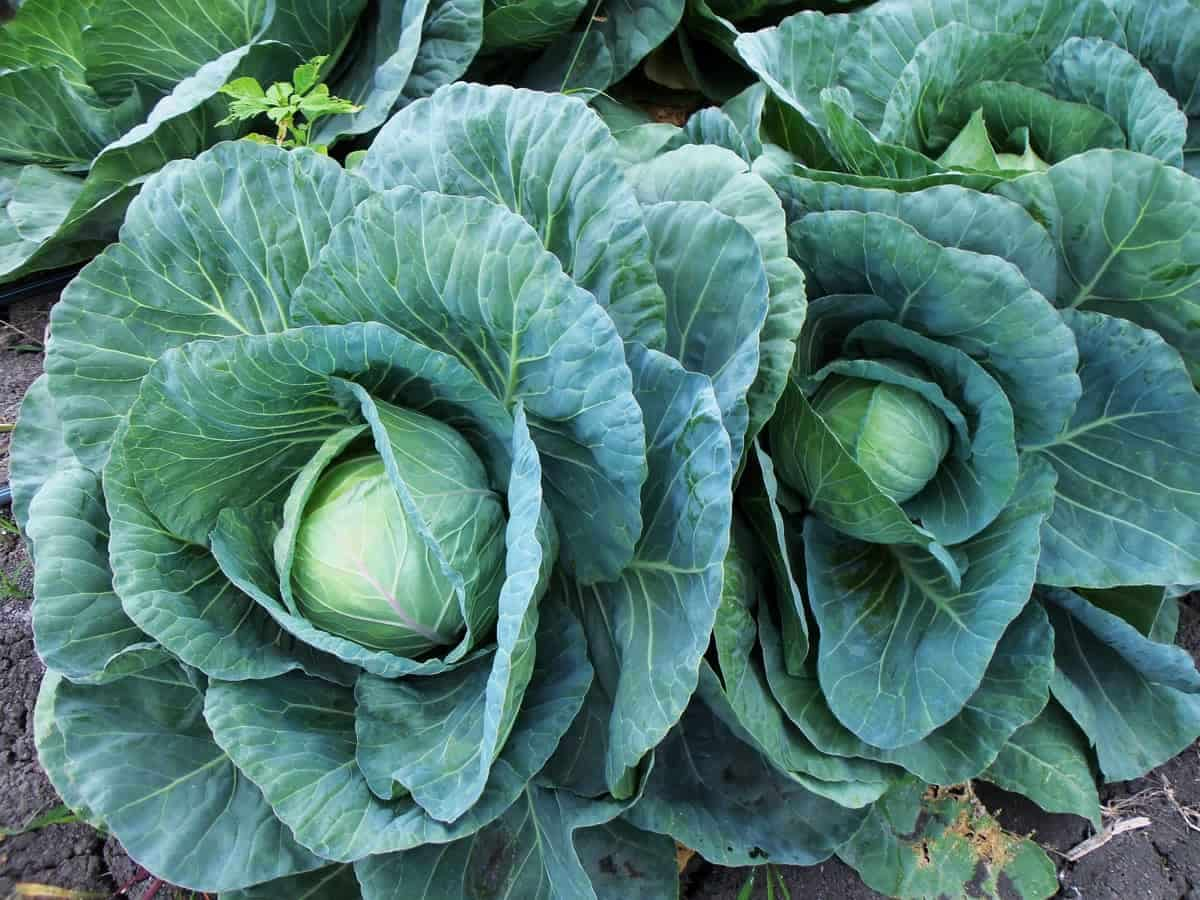
The Dutch government has supported organic farmers with initiatives like the Organic Action Plan (OAP) that provides financial assistance to help farmers transition to organic methods. The OAP also helps promote public awareness about the benefits of organic agriculture.
How to start organic farming in the Netherlands
What is organic farming in the Netherlands?
Organic farming in the Netherlands is a type of agriculture that focuses on producing food in a way that is environmentally sustainable and healthy for animals and humans. Organic farmers use crop rotation, composting, and green manure to fertilize their fields, and they avoid using synthetic pesticides and fertilizers. Instead, they rely on natural predators and parasites to control pests and promote biodiversity by planting various crops. As a result, organic farming in the Netherlands is good for the environment and produces high-quality food that is healthy and delicious.
Step to start an organic farming business in the Netherlands
1. Create a Plan – The first step is to develop a business plan and farm layout. This will help you determine what crops to grow, how much land you need, and what infrastructure you need to support your operation.
2. Get Certified – To sell your organic products, you will need to get certified by an organic certification body. The Netherlands has several certification bodies that the European Union accredits.
3. Find the perfect location for your farm – The Netherlands is a small country with many people so space can be limited, and competition for good farmland can be fierce. Look for a spot with good soil, water access, and nearby markets.
4. Develop a business plan – This is an important step for any farming business, but it’s especially important for organic farms since they tend to have higher start-up costs and longer pay-off periods. Your business plan should include your financial goals, operating costs, and marketing strategy.
5. Choose your crops or animals carefully – Not all crops or animals are well suited to organic farming methods. Do your research to ensure you choose crops or animals that will do well on your farm using organic production methods.
In case you missed it: How to Start Greenhouse Farming in Netherlands: Business Plan, Crops, Cost, Profit, Subsidy, and Challenges
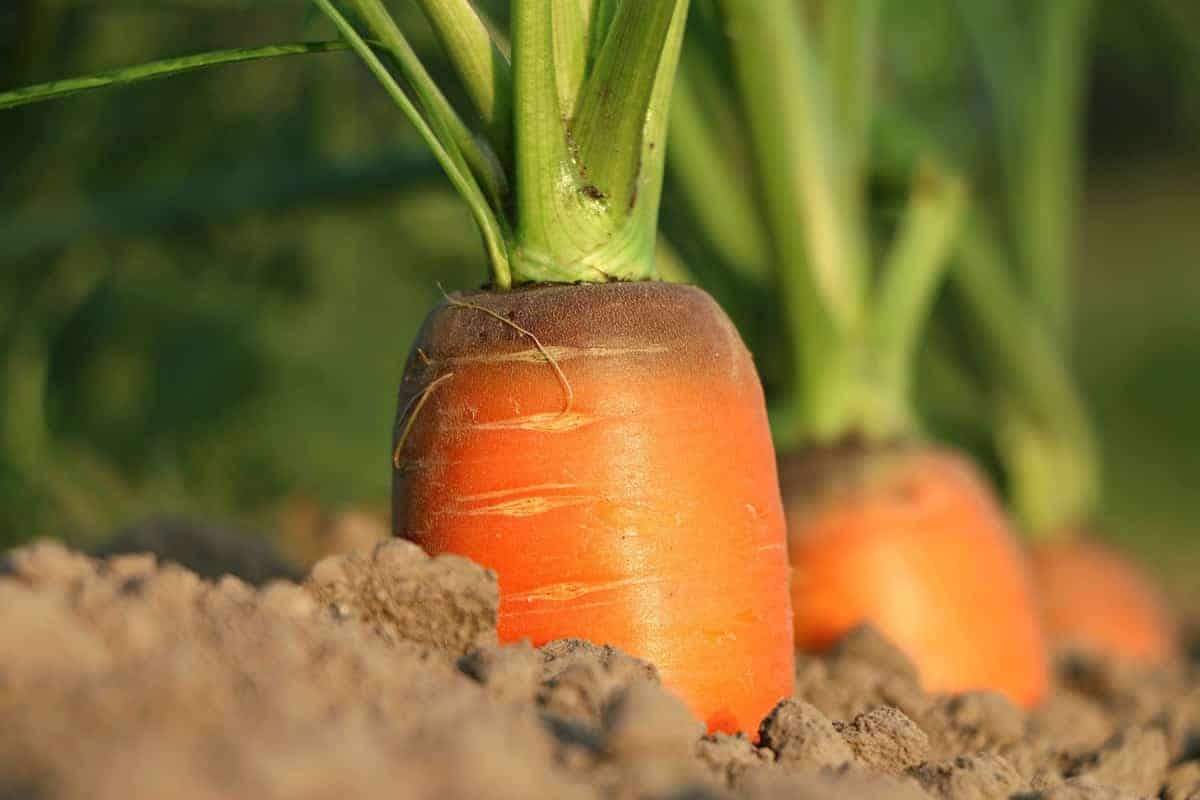
6. Create a crop rotation plan – It is an important part of organic farming because it helps keep soil healthy and prevents pests and diseases from becoming entrenched in the environment. Plan out your crop rotation before you plant your first seed or buy your first animal to ensure you’re rotated properly throughout the season.
7. Develop good agricultural practices – Organic farmers must follow specific guidelines set forth by the EU to maintain their certification. These guidelines cover everything from crop rotation and soil management to pest control and record keeping.
8. Market Your Products – Once your operation is up and running, you will need to market your products to consumers and businesses interested in buying organic food. Different ways to do this include online marketing, participating in farmer’s markets, and direct sales.
Certified organic farms in the Netherlands
Organic farming in the Netherlands is on the rise, with more and more farmers converting to organic methods. One of the main reasons is the growing demand for organic food, both from Dutch consumers and abroad. There are now over 1,200 certified organic farms in the Netherlands, covering a total area of around 38,000 hectares.
That’s about 1.5% of all farmland in the country. The vast majority of organic farms are located in the provinces of North Holland and Zeeland. Organic farming is based on protecting and improving the environment, animal welfare, and human health. This means that no synthetic pesticides or fertilizers are used and that livestock must be kept in humane conditions.
What are the organic farming practices in the Netherlands?
In the Netherlands, organic farms must adhere to the strict requirements set by the European Union to be certified. These requirements include using only organic farming methods, such as crop rotation and green manure, and abstaining from synthetic pesticides and fertilizers. Additionally, organic farmers in the Netherlands must maintain a minimum level of biodiversity on their farms, with a minimum of 10% of the farm being dedicated to nature.
Organic farmers in the Netherlands also work hard to create a closed-loop system on their farms, where all waste is reused or recycled back into the agricultural system. For example, many organic farms in the Netherlands use animal manure as a natural fertilizer for crops. This not only reduces the amount of waste produced on the farm but also helps to improve soil health.
Is organic agriculture applicable in the Netherlands?
Organic agriculture is a type of farming that focuses on producing food in a way that is environmentally sustainable and humane. In the Netherlands, organic agriculture is practiced on a small scale. There are many reasons organic agriculture is not as prevalent in the Netherlands, including the high cost of land, the wet climate, and the lack of government support. However, many people believe that organic agriculture is applicable in the Netherlands and that it can be successful if more farmers adopt it.
In case you missed it: How to Start Dairy Farming in the Netherlands: Business Plan, Cost, Profit, Subsidy Loan, and Challenges
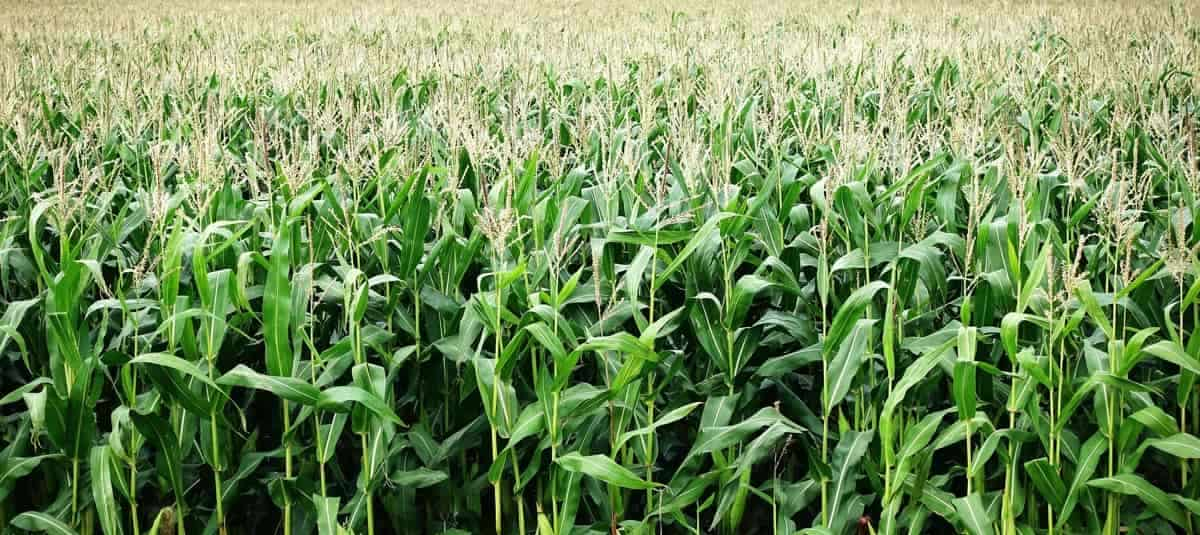
Is organic farming profitable in the Netherlands?
Organic farming can be profitable in the Netherlands, but it depends on several factors. The main factor is the size of the farm. Small farms may not be able to produce enough food to sell, while large farms can have economies of scale that make them more profitable. Nevertheless, with careful planning and execution, organic farming can be a viable option for farmers in the Netherlands.
Organic soil management in the Netherlands
There are several methods for organic soil management in the Netherlands. One common method is crop rotation. This involves growing different crops in different areas of the field to maintain soil fertility. Another common method is the use of green manures. This involves planting cover crops that improve soil health and help to suppress weeds.
In addition to these common methods, several other options can be used for organic soil management in the Netherlands. These include the use of compost, mulch, and vermicompost. Each option has its benefits and drawbacks, so choosing the right one for your farm is important.
Pest and diseases management for organic farming in the Netherlands
- In the Netherlands, organic farmers use various pest and disease management strategies to keep their crops healthy. These include using physical barriers such as nets and fences, encouraging beneficial insects, and using organic-certified pesticides when necessary.
- A key part of pest and disease management on organic farms is prevention. Farmers take measures to prevent pests and diseases from getting a foothold in the first place. This includes crop rotation, resistant varieties, and keeping fields clean and debris-free.
- If pests or diseases do get into a field, farmers take action to control them using the least toxic methods possible. This might include manually removing pests, using traps, or applying organic-certified pesticides. In some cases, farmers may need to accept that damage will occur and learn to live with it.
Weed management for organic farming in the Netherlands
Weed management is an important part of organic farming. In the Netherlands, farmers use various methods to manage weeds on their farms. One method is called mechanical control. This involves using machines to remove weeds from the soil. Farmers may also use herbicides, but they must be certified organic and approved in the Netherlands. Another method of weed management is called cultural control.
This involves using farming practices that discourage weed growth. For example, farmers may plant crops close together so that weeds have less space to grow. They may also cover the ground with mulch to prevent weeds from getting sunlight. Last but not least, farmers can also use biological control. This involves using other organisms to control weeds. For example, farmers may introduce predators or parasites that eat or kill weeds.
In case you missed it: How to Start Goat Farming in Netherlands: Breeds, Cost, Profit, Business Plan, and Management
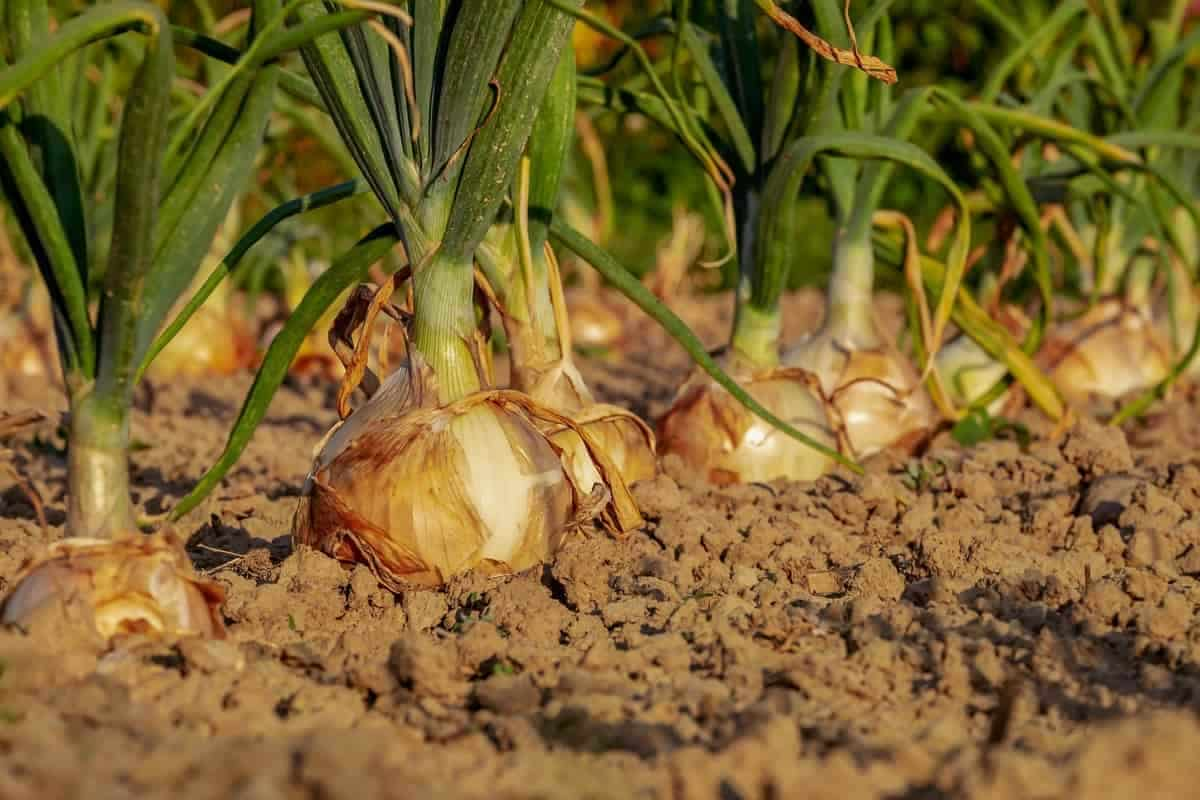
Which organic crops are grown in the Netherlands?
The Netherlands is a world leader in organic agriculture, with over 22,000 farms producing organic crops. The country has diverse organic crops, including Wheat, Corn, Soybeans, Barley, Potatoes, vegetables, fruits, and flowers. Other commonly grown organic vegetables include Carrots, Cabbage, Onions, Garlic, and Tomatoes. Regarding livestock, cows and pigs are the most common animals raised organically in the Netherlands.
Tips for starting organic farming in the Netherlands
- Research the organic farming regulations in the Netherlands.
- Find a piece of land to start your farm.
- Draw up a business plan for your organic farm.
- Create a budget for your farming project.
- Choose the right organic seeds and inputs for your farm.
- Prepare your land for planting and sowing.
- Plant and sow your crops according to the organic guidelines.
- Manage your crops organically throughout the growing season.
- Harvest your crops and sell them at farmer’s markets or local retailers.
- Enjoy being part of the vibrant Dutch organic farming community.
Nutrient management for organic farming in the Netherlands
The Netherlands is a world leader in organic farming, with over 7% of its agricultural land managed organically. Nutrient management is an important part of organic farming, as it helps to maintain soil fertility and optimize crop yields. There are two main approaches to nutrient management in organic farming: organic amendments and green manures. Organic amendments, such as compost or manure, are added to the soil to improve fertility.
Green manures are crops grown for their ability to add nutrients to the soil. They are often used as cover crops or plowed back into the soil before fully maturing. Both approaches have their benefits; the best approach for a farm depends on its specific conditions. However, some general tips for successful nutrient management in organic farming include:
- Using a variety of organic amendments and green manures to ensure a balanced nutrient supply;
- Maintaining good soil structure through proper tillage and crop rotations;
- Monitoring soil fertility levels regularly and adjusting amendment and manure applications accordingly;
- Using cover crops or mulches to protect soils from erosion and help retain moisture; and
- Choosing appropriate crop varieties that are tolerant of lower nutrient levels.
Organic farming certification in the Netherlands
The Netherlands is well known for its high-quality organic agriculture and food products. Therefore, the Dutch government has strict regulations regarding organic farming and food production to maintain this reputation. The most important aspect of these regulations is the certification process for organic farmers. To be certified as an organic farmer in the Netherlands, farmers must adhere to a set of standards by the Dutch government.
In case you missed it: Pest and Disease Management in Soya: Causes, Symptoms, Chemical, and Biological Control
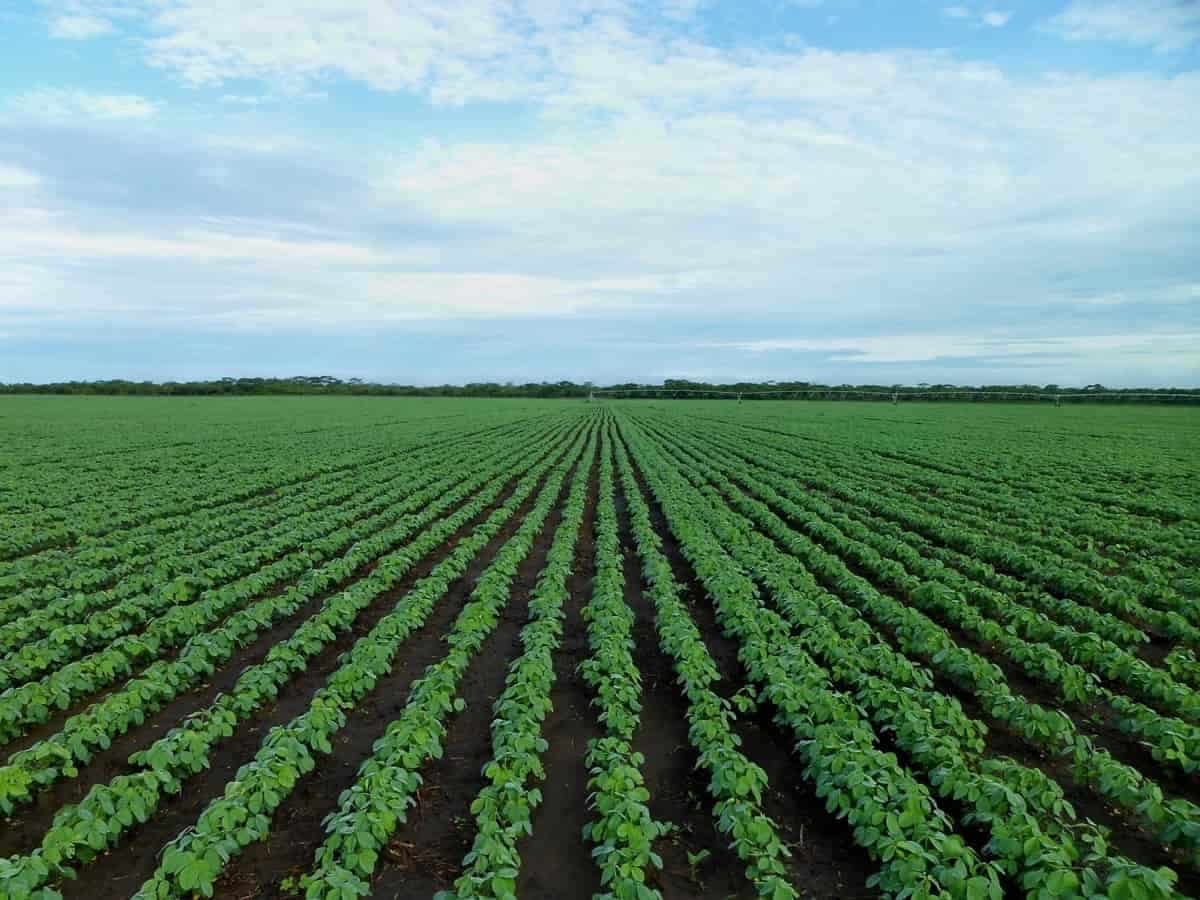
These standards cover all aspects of organic farming, from crop production and animal husbandry to storage and transportation. Farmers must also submit their farms to regular inspections by government officials to ensure that they meet the standards. The certification process can be time-consuming and costly for farmers, but it is essential to selling their products as certified organic in the Netherlands. By investing in organic certification, farmers can rest assured that their products will meet the high standards expected by Dutch consumers.
Policies under organic farming in the Netherlands
The Netherlands has a set of policies in place to support organic farming. These policies include financial incentives for farmers who convert to organic farming, regulations on pesticides and other chemicals, and requirements for labeling organic products. The Dutch government also provides information and advice to farmers on transitioning to organic farming.
Today, over 5,000 certified organic farms are in the Netherlands, accounting for 2% of all farms in the country. Most of these farms are small family-run operations, but some are large-scale commercial operations. As a result, organic products from the Netherlands are exported worldwide, and Dutch companies are developing new organic technologies and practices.
Problems of organic farming in the Netherlands
One of the biggest problems is that organic farmers are often forced to sell their organic products at a higher price than conventional farmers simply because organic food is considered a luxury item. This puts organic farmers at a competitive disadvantage and makes it difficult for them to make a living. Another problem faced by organic farmers in the Netherlands is that they have to comply with strict regulations set by the government.
These regulations can be costly and time-consuming to comply with, and they often put organic farmers at a disadvantage compared to conventional farmers. Finally, many Netherlands consumers are still unaware of the benefits of organic food. So they are unwilling to pay the premium price that organic farmers typically charge. This lack of consumer awareness is a major obstacle to the growth of the organic farming industry in the Netherlands.
Schemes under organic farming in the Netherlands
Several schemes are in place to help farmers transition to organic farming and support them once they’re certified. The Organic Farming Conversion Scheme (OFCS) is one of the most important schemes. This OFCS scheme provides financial support to farmers to convert their farms to organic production. It covers up to 75% of conversion costs and is available for five years.
The OFCS is part of the Dutch government’s support for organic farmers. Other measures include research and development subsidies, marketing and promotion grants, and training courses on organic farming. These initiatives are helping to make organic farming a viable and sustainable option for Dutch farmers.
Organic farming set up cost in the Netherlands
The average cost of setting up an organic farm in the Netherlands is €13,000. This includes the costs of renting or buying land, purchasing organic seeds and inputs, and obtaining certification. The main cost associated with organic farming is labor, as it requires more time and effort to produce food without synthetic pesticides and fertilizers.
Challenges faced by organic farmers in the Netherlands
Soil fertility: Maintaining soil fertility is one of the biggest challenges for organic farmers. They cannot use synthetic fertilizers or pesticides to improve crop yields. They must rely on natural crop rotation and composting methods to maintain soil fertility.
Pest and disease control: Another challenge for organic farmers is controlling pests and diseases without using chemicals. This can be difficult as pests and diseases can cause serious damage to crops. Organic farmers must rely on organic pest control methods such as beneficial insects and traps.
Weather: The weather can also challenge organic farmers, as extreme weather conditions can seriously affect crop yields. For example, drought can lead to reduced yields, while heavy rains can cause flooding, damaging crops.
Land cost: The high land cost is a major obstacle for organic farmers in the Netherlands. The average price of farmland in the country is nearly €20,000 per hectare, which is out of reach for many small-scale farmers. In addition, organic farmers often have to compete with large agricultural companies for land.
In case you missed it: Wheat Farming in the USA: By State and Production
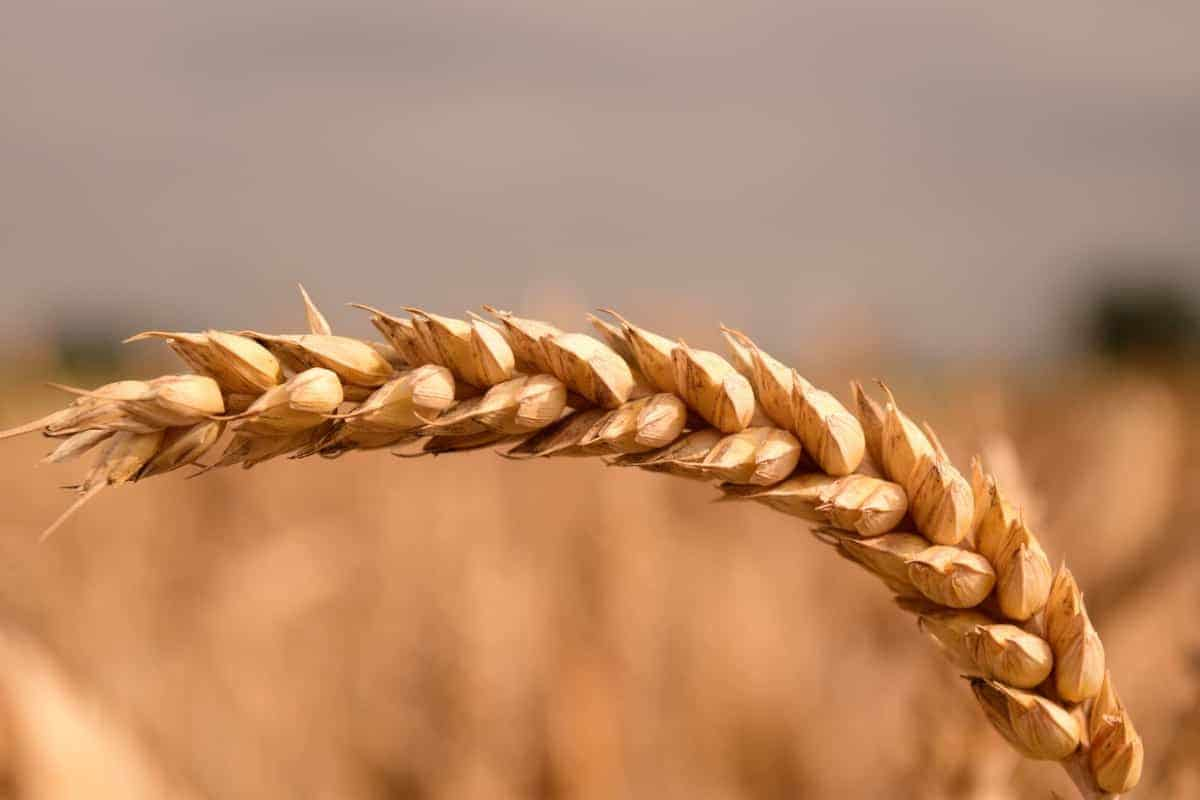
The Dutch government provides very little support for organic farmers. The Netherlands has low government funding and subsidies for organic agriculture compared to other European countries. This makes it difficult for organic farmers to invest in new technologies and practices. Accessing markets is also a challenge for organic farmers in the Netherlands.
Although there is growing consumer demand for organic products, many supermarkets and food retailers do not sell them. This means that organic farmers have to sell their products directly to consumers or through specialty stores. Despite these challenges, organic farming is becoming increasingly popular in the Netherlands thanks to consumers’ growing demand for organic products.
Conclusion
The Netherlands is one of the leading organic agriculture countries, with over 8,000 farms certified organic. This makes up nearly 5% of all farms in the country. As a result, the Netherlands is a small country with a big impact on the global food system. In recent years, the Dutch have become leaders in organic farming and are now the world’s second-largest exporter of organic food. The Netherlands is also home to the world’s most innovative and sustainable farms.
- Types of Pesticides Used in Agriculture: A Beginner’s Guide
- Economical Aquaculture: A Guide to Low-Budget Fish Farming
- 15 Common Planting Errors That Can Doom Your Fruit Trees
- How to Make Houseplants Bushy: Effective Tips and Ideas
- Innovative Strategies for Boosting Coconut Pollination and Yield
- Pollination Strategies for Maximum Pumpkin Yield
- The Complete Guide to Chicken Fattening: Strategies for Maximum Growth
- Natural Solutions for Tulip Problems: 100% Effective Remedies for Leaf and Bulb-Related Issues
- Revolutionizing Citrus Preservation: Towards a Healthier, Greener Future
- Natural Solutions for Peony Leaf and Flower Problems: 100% Effective Remedies
- Maximizing Profits with Avocado Contract Farming in India: A Comprehensive Guide
- Natural Solutions for Hydrangea Problems: 100% Effective Remedies for Leaf and Flowers
- The Ultimate Guide to Choosing the Perfect Foliage Friend: Bringing Life Indoors
- From Sunlight to Sustainability: 15 Ways to Use Solar Technology in Agriculture
- The Ultimate Guide to Dong Tao Chicken: Exploring from History to Raising
- The Eco-Friendly Makeover: How to Convert Your Unused Swimming Pool into a Fish Pond
- Mastering the Art of Delaware Chicken Farming: Essentials for Healthy Backyard Flocks
- 20 Best Homemade Fertilizers for Money Plant: DIY Recipes and Application Methods
- How to Craft a Comprehensive Free-Range Chicken Farming Business Plan
- Brighten Your Flock: Raising Easter Egger Chickens for Beauty and Bounty
- How to Optimize Your Poultry Egg Farm Business Plan with These Strategies
- Subsidy for Spirulina Cultivation: How Indian Government Schemes Encouraging Spirulina Farmers
- Ultimate Guide to Raising Dominique Chickens: Breeding, Feeding, Egg-Production, and Care
- Mastering the Art of Raising Jersey Giant Chickens: Care, Feeding, and More
- Ultimate Guide to Raising Legbar Chickens: Breeding, Farming Practices, Diet, Egg-Production
- How to Raise Welsummer Chickens: A Comprehensive Guide for Beginners
- How to Protect Indoor Plants in Winter: A Comprehensive Guide
- Ultimate Guide to Grow Bag Gardening: Tips, Tricks, and Planting Ideas for Urban Gardeners
- Guide to Lotus Cultivation: How to Propagate, Plant, Grow, Care, Cost, and Profit
- Agriculture Drone Subsidy Scheme: Government Kisan Subsidy, License, and How to Apply Online
- Ultimate Guide to Raising Araucana Chickens: Breed Profile, Farming Economics, Diet, and Care
- Bringing Hydroponics to Classroom: Importance, Benefits of Learning for School Students
- Ultimate Guide to Raising Polish Chickens: Breed Profile, Farming Economics, Diet, and Care
- Ultimate Guide to Raising Australorp Chickens: Profile, Farming Economics, Egg Production, Diet, and Care
- Silkie Chicken Farming: Raising Practices, Varieties, Egg Production, Diet, and Care
- Sussex Chicken Farming: Raising Practices, Varieties, Egg Production, Diet and Care